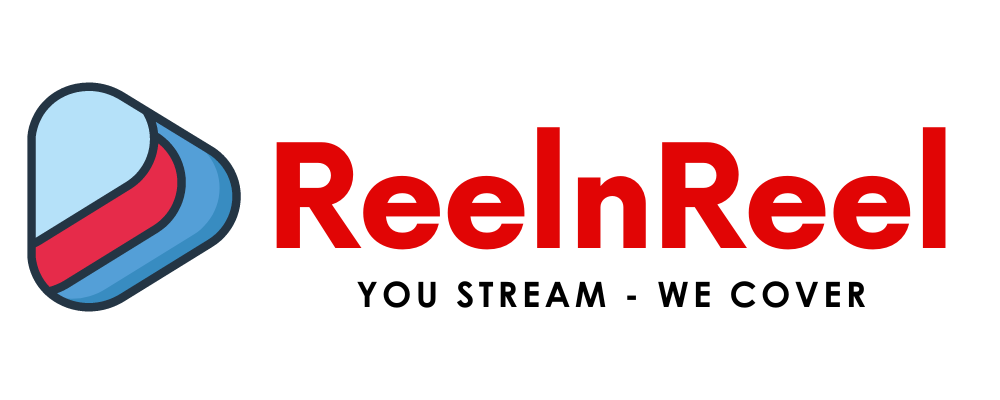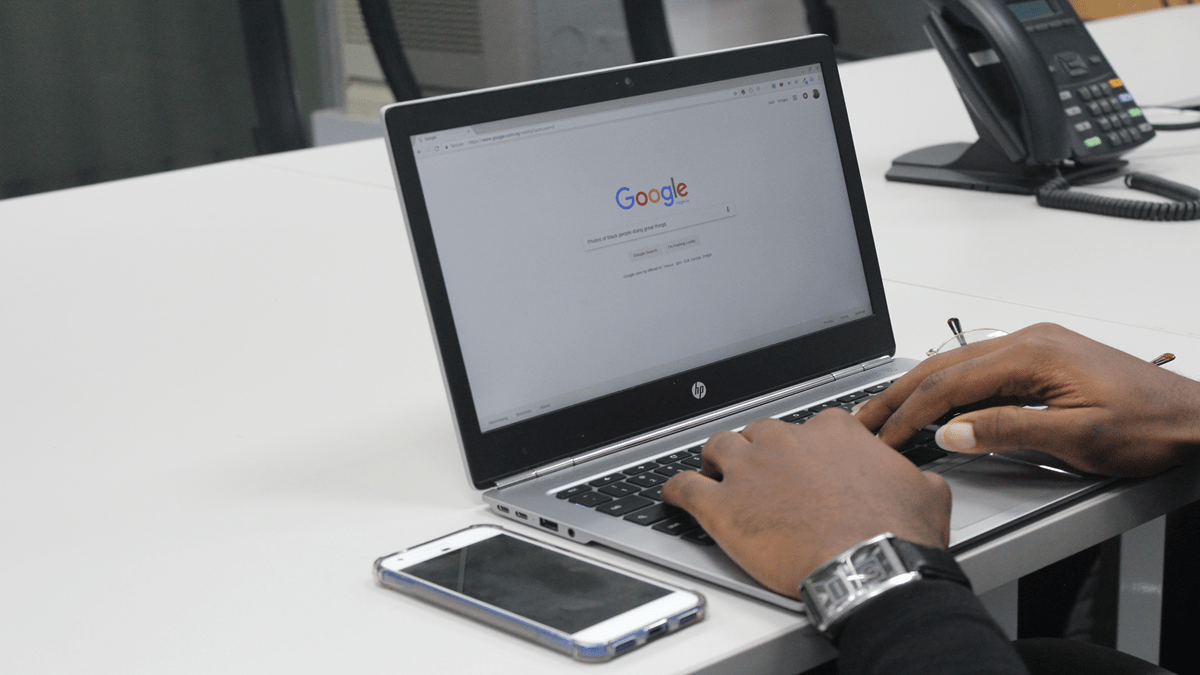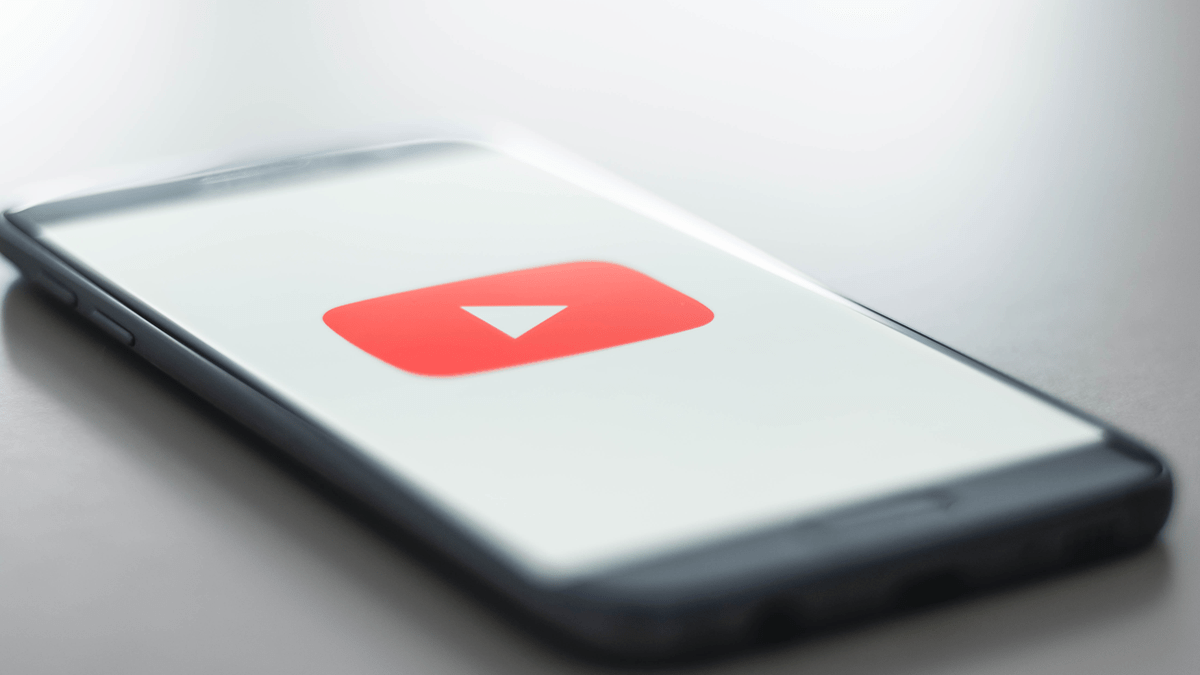As a video creator, you put your heart and soul into creating content your audience loves. But have you thought about the legal aspects of licensing and copyright?
These are essential concepts that all creators should understand to ensure that they are not infringing on the rights of others or risking lawsuits. We will discuss everything you need to know about video licensing and copyright so that you can continue to create your content confidently.
What is Video Licensing?
Video licensing involves obtaining permission from the copyright owner to use their content. This means obtaining permission to use specific audio, images, or copyrighted video clips in the video world. Licensing may or may not involve payment, depending on the content’s type and how it is used.
Some creators license their content under a Creative Commons license, allowing others to use it for free with certain conditions. However, not all creators license their content under these terms, verifying the specific usage permissions necessary before utilizing it.
What is Video Copyright?
Copyright is a legal concept that grants the creator of an original work the exclusive right to use and distribute the work.
Regarding videos, this includes the right to control the copying, distribution, and public performance. Using copyrighted content without permission is illegal and can lead to fines and other legal action.
Mastering the Art of Video Licensing and Copyright: A Creator’s Guide
In today’s digital world, video content has become a powerful marketing tool. Whether you are a content creator, marketer, or business owner, mastering the art of video licensing and copyright is essential.
Understanding video licensing and copyright legal aspects is essential to avoid legal disputes and protect your intellectual property.
First and foremost, it is essential to understand the difference between video licensing and copyright. Video licensing is permission to use copyrighted video content for commercial purposes.
On the other hand, copyright is the legal protection of original creative works. As a content creator, securing copyright protection for your video content is crucial, as it ensures that your intellectual property is safeguarded and that you have control over how it is used.
Navigating the Complex World of Video Licensing and Copyright
Navigating the complex world of video licensing and copyright is a daunting task. With the proliferation of digital content and the ease of distribution via online platforms, it has become increasingly challenging to protect and monetize video content. The explosion of social media platforms and the increasing global audience for video content only add to the complexity.
Copyright law is a complex set of legal principles and regulations that govern the exclusive rights of creators to their creative works.
Various licenses are available within video licensing, including royalty-free, rights-managed, and Creative Commons licenses. Each licensing model has its terms and conditions, which must be carefully evaluated before using or distributing any video content.
Unveiling the Secrets: Video Licensing and Copyright Insights for Creators
As the digital landscape of content creation continues to grow, it’s increasingly essential for creators to understand the intricacies of video licensing and copyright. With more and more platforms facilitating the exchange of content, creators must protect their work and understand the legal implications surrounding their content.
One of the most common types of video licensing is using Creative Commons licenses. These licenses allow creators to dictate how their content can be used, whether by enabling others to remix and edit their work or to attribute credit for its use.
The different types of Creative Commons licenses give creators control over how their content is used, allowing them to grant or deny permissions based on their preferences.
The Ultimate Video Licensing and Copyright Handbook: Essential Knowledge for Creators
The Ultimate Video Licensing and Copyright Handbook is a comprehensive guide that every content creator needs to have on hand.
This handbook delves into the nuances of licensing and copyright laws, providing essential knowledge for creators looking to protect their work and ensure they operate within legal boundaries.
The handbook covers various topics, including the different types of video licenses, the terms and conditions of multiple permits, and the legal implications of using copyrighted materials without permission.
It also provides detailed information on obtaining licenses, negotiating license agreements, and protecting your copyrights.
One of the key benefits of this handbook is that it explains the complex legal jargon that often surrounds licensing and copyright law in a way that is easy to understand.
For example, it breaks down the differences between public domain, creative commons, and fair use licenses. It provides real-world examples of how these different types of permits can be applied.
Stay Ahead of the Game: Video Licensing and Copyright Tips for Creators
With the advent of social media and video-sharing platforms, creators have more opportunities to showcase their talent and reach a larger audience than ever before.
However, with significant exposure comes great legal responsibility. As a creator, it is essential to understand video licensing and copyright laws to avoid legal issues or potential copyright infringement lawsuits.
Video licensing and copyright laws protect the intellectual property of video creators. These laws ensure that creators have exclusive video rights, including how they are distributed, shared, and modified.
Creators can copyright their videos by registering them with the U.S. Copyright Office. This protects their content legally and prevents others from using it without permission.
Fair Use
While it is easy to infringe on copyrighted content, there are certain situations where use is considered fair use, a protected principle in copyright law. Fair use may apply when using the content for educational purposes, commentary, news reporting, or research.
However, creators must be careful not to use too much-copyrighted material and ensure that their use does not hurt the copyright owner’s market for their original work.
Protecting Your Content
As a creator, you also need to protect your content. Registering your work with the U.S. Copyright Office provides you additional legal protection.
This registration is not required by law, but it is a prerequisite if you plan to file a lawsuit against someone who copies your work without permission. Registering your videos with the U.S. Copyright Office is recommended, as it provides more legal protection.
Finding Licensed Content
As a creator, you can look for accessible licensed content sources. Video and audio archiving websites offer many licensed videos and audio that can be used in your videos.
Some websites allow creators to license other creator’s media directly. When doing this, it is essential to verify the conditions of use to avoid any infringement lawsuits.
Conclusion:
All creators must understand all aspects of video licensing and copyright. These concepts are crucial to creating without infringing on other works or risking legal action.
You can continue creating confidently by obtaining permission to use copyrighted material, respecting fair use laws, registering your work with U.S. copyright, and sourcing licensed content. Always remember that creators must always respect other creators’ work.





